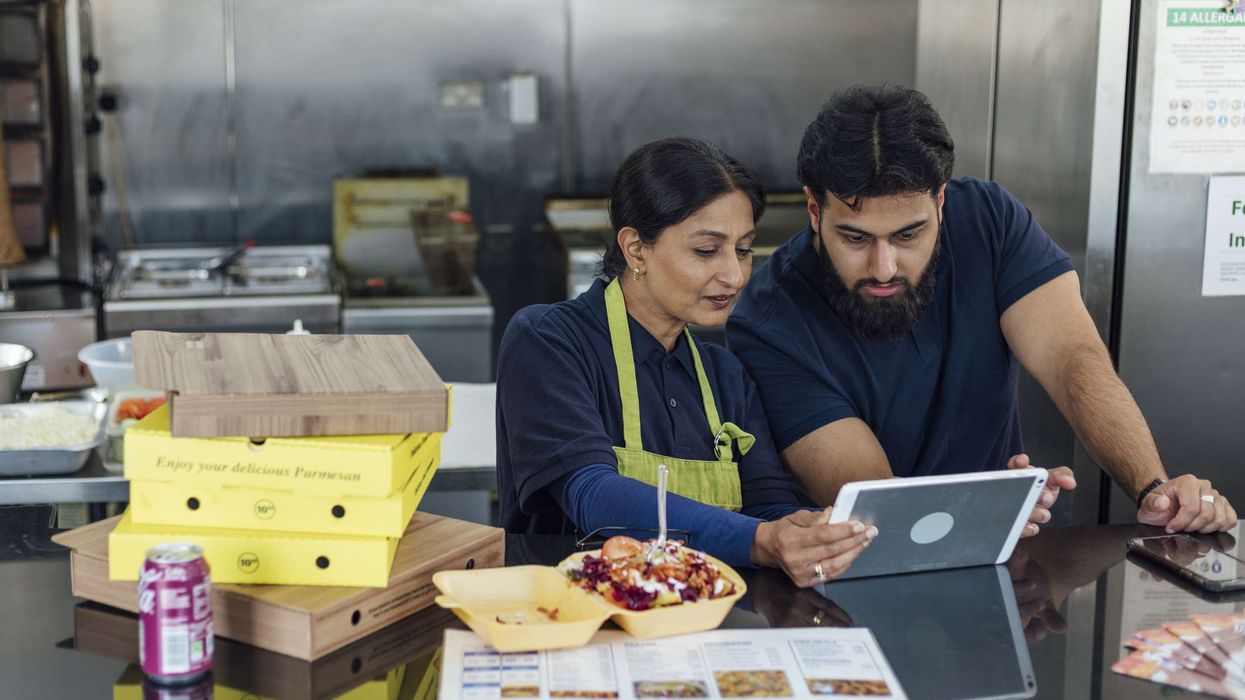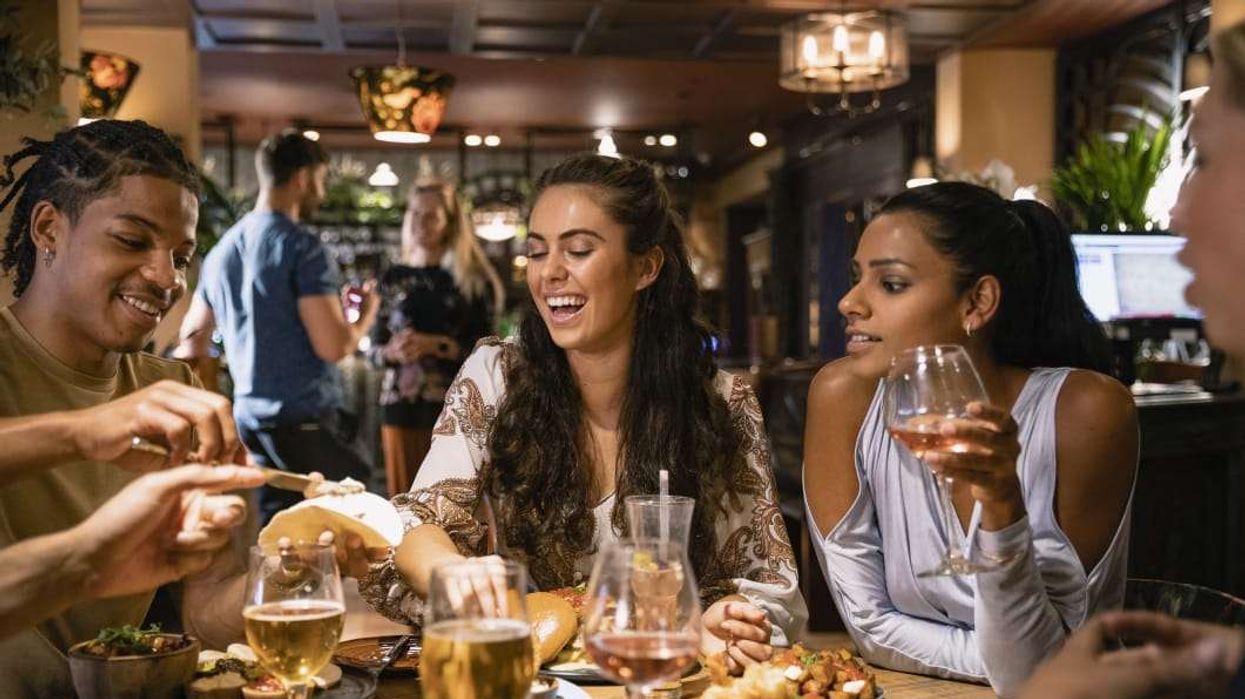Highlights
- British Indian restaurant sector worth £ 4 bn annually, supporting communities nationwide.
- Six in ten diners would visit restaurants more with discounts and buy -one-get-one offers.
- Chaiiwala plans 500 global locations as Asian street food gains momentum.
Changing habits, small orders
The days of spontaneous restaurant visits are fading for many Britons. As household budgets tighten, dining out has become a calculated expense rather than a casual treat.
A YouGov survey of over 2,000 people found that 38 per cent of British diners say they are eating out less frequently than they did a year ago. The main reason? 63 per cent cite rising costs, while 62 per cent point to increased cost of living.
"As Brits navigate 2025's economic climate, dining out remains a fixture of everyday life — but one under pressure," notes Sarika Rana, director of consumer research at YouGov.
The figures paint a stark picture. Nearly eight in ten British diners feel restaurant prices have risen noticeably in the past 12 months. For lower-income households, the impact is sharper still, with 46 per cent eating out less frequently compared to a year ago.
Yet dining out remains part of British life. One in six Britons dines out at least once a week, while over two in five eat out at least once a month. Cost-conscious diners are changing their habits. About half of British diners say they have altered their dining preferences with a view to saving money.
The most common strategy? 59 per cent say they are choosing cheaper restaurants, while 52 per cent say they order fewer items. Nearly half skip desserts, and 43 per cent use discounts or coupons.
Younger diners are leading the shift. 68 per cent of Gen Z diners who are cutting costs say they choose cheaper restaurants, while 50 per cent of Millennials use discounts. The squeeze is being felt across all restaurant types. Fast food, fast casual, casual dining and fine dining have all seen declines in frequency, though cafes and coffee shops have held up better.
Steven Smith, chef-patron of KAJI restaurant in Manchester, part of MUSU Collection, is navigating these pressures first-hand, speaking to Foodservice Equipment Journal, he outlined the challenges ahead. "The hospitality industry is in for a big year. We're seeing a lot of pressure from rising costs. Things like increased National Insurance and a higher National Living Wage are really going to hit margins," Smith said. "I wouldn't be surprised if we see more restaurants needing to adjust their pricing or, sadly, even close down. It's tough out there."
Discounts that deliver
Restaurant operators are not without tools to reverse the trend. Nearly six in ten British diners cite discounts as a potential incentive to make them visit restaurants more frequently, while 49 per cent are attracted by buy-one-get-one offers.
Loyalty programmes are gaining traction. A quarter of British diners have used a restaurant loyalty programme in the past 12 months, with younger generations more engaged. 38 per cent of Gen Z diners and 31 per cent of Millennial diners have used loyalty programmes, compared to just 19 per cent of Baby Boomers.
Social media remains the most effective way to announce deals, with 36 per cent of British diners discovering promotions this way. This rises to 52 per cent among Gen Z and 47 per cent among Millennials.
Asian cuisine thrives
British Indian restaurants continue to command a significant position. The sector contributes £4 bn annually to the economy and employs more than 100,000 people across over 10,000 restaurants nationwide.
Alan Brown, marketing manager at the British Indian Good Food Guide, sees the cuisine as integral to British identity.
"This is more than a food event it’s a moment for Britain to come together and recognise the restaurants that have shaped our daily lives. From the curry house on every high street to the chefs behind the pass, this is their week.” Brown noted in a statement about British Indian Restaurant Week, which took place in September 2025.

Chaiiwala, founded in Leicester in 2015, now operates over 100 locations across the UK, with another 20 in Canada and plans to reach 500 globally in the coming years.
Sohail Ali, co-founder of Chaiiwala, is bullish about expansion despite economic headwinds.
Speaking to Hospitality and Catering News in September 2025, he said: "We're delighted to announce our new stores in Hayes, Milton Keynes and our first motorway services store in Watford Gap. These exciting new locations will help us bring high-quality, protein-rich and affordable Indian street food-style dishes and world-famous Karak chai to more consumers across the UK."
Korean and Vietnamese cuisines are also strengthening their position, benefiting from a growing focus on health-conscious dining. Korean food, in particular, is fully integrating into British dining culture in 2025, with staples like kimchi and gochujang now available in major supermarkets.
Among the most considered casual dining restaurants in the YouGov survey, Nando's leads with a 39.2 per cent consideration score, followed by Wagamama at 28.8 per cent.
The dining landscape in 2025 is one of adaptation. Restaurants that balance quality with value, embrace technology and offer genuine incentives are best positioned to weather the squeeze.





